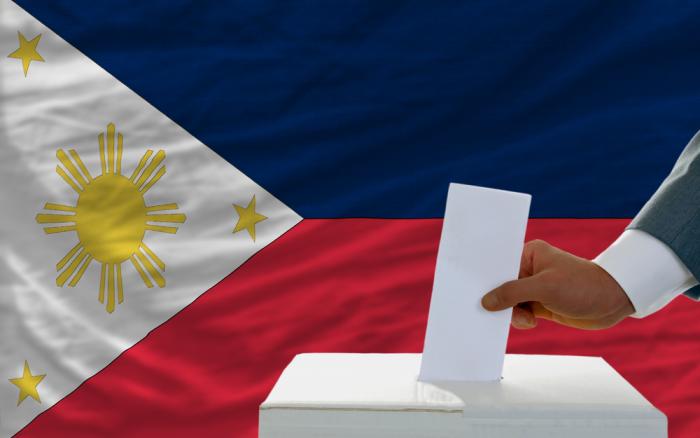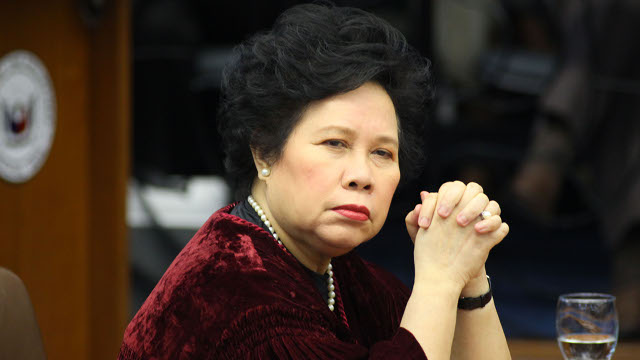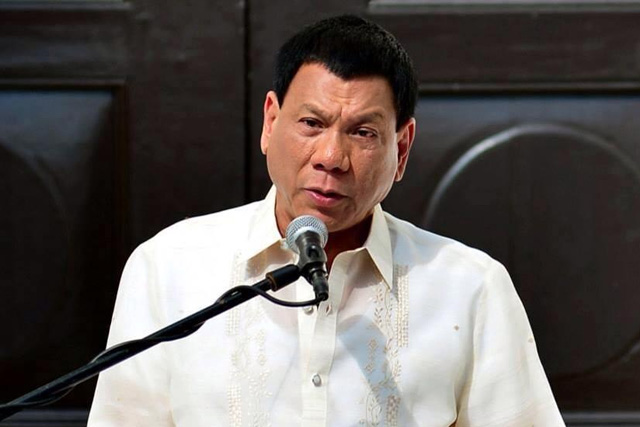
Everyone (probably) knows about the presidential election in the USA. But in the other side of the world, another presidential election is taking place in the country with more than 7,000 islands.
With the last Philippine Presidential Debate wrapping up last week, the Philippines would be under a new leader in a few week’s time and for many Filipinos like myself, it can both be a scary and exciting change for the country. Previously dubbed as the “sick man of Asia”, the World Bank now calls the Philippines the “Rising Tiger of Asia” for its economic and political reforms despite the prevalent issues of corruption and poverty that still lingers and continues to affect the country.
This presidential election is particularly interesting due to the flourishing record high of 130 filed for candidacy ranging from taxi drivers and volunteer missionaries (called nuisance candidates) which is likely due to the ambiguous requirements for the highest position held at the country. Some say that the requirements to become a call-center agent were even higher and more difficult. In the end, 5 official presidential candidates (6 vice-presidential candidates), each with their own unique issues make the list that makes this election not only based on choosing the “best” leader but more of choosing the lesser of two evils.
Let’s look at the list of candidates:

1. Current vice-president, Jejomar Binay.
He was the officer-in-charge of Makati City from 1986-1987 and was then elected mayor in 1988, a seat he has kept for 10 years. He went to the University of the Philippines Diliman and graduated with a degree in Political Science, he then, continued to UP College of Law and took the bar examinations in 1968. After passing the exam, he became a human rights lawyer. During the Martial Law period, when the country was under the Marcos regime, he helped many political prisoners without asking for payment. He was detained because of this. In 2010, he was elected as the Vice-President. However, allegations of corruption began to surface and he was accused of receiving as much as ₱200 million in order to fund his campaign during his vice-president bid. Prior to this issue, he was a popular bet for presidency likely due to his loyalty while in service as Mayor of Makati.

2. Senator Miriam Defensor Santiago
Also known as the “Iron Lady of Asia” for her fierceness, Santiago is notable for having served in all three branches of the Philippine government. She is also a child prodigy, a valedictorian in grade school, high school, undergraduate and law school. She graduated magna cum laude (second best grades) in Political Science from the University of the Philippines Visayas, cum laude (honors) from the University of the Philippines Law and was the first female editor of the university’s newsletter. She, then earned her Master of Laws and Doctorate in University of Michigan in only one and a half years. She ran in 1992 presidential elections but did not win due to issues of tampered votes. Santiago appeals to the youth, particularly because of her quirky comments during senate talks. She was awarded the Ramon Magsaysay Awards which is Asia’s equivalent of a Noble Prize for her efforts against a corrupt government. Before her 2016 presidential bid, she was diagnosed with cancer and many call her incompetent to rule the country as she is “dying.”

3. Mayor Rodrigo Duterte
A popular candidate among overseas Filipino workers and the normal working class in the Philippines due to his bold and daring comments, sometimes even compared to Trump. Duterte is a lawyer, a degree he earned in San Beda College of Law and the mayor of Davao City (known as an urbanized city in the Mindanao region) for 22 years. Known for his zero-tolerance against criminals and corruption, he has been given the nickname, “The Punisher” by Time Magazine. Because of that, he has been accused of supporting extrajudicial killings and has been condemned by humans rights groups including Amnesty International. He has also been thought to blame Pope Francis’ visit to the country as the cause of traffic congestion. Duterte also openly admitted to being a womanizer (often kissing his female supports in the lips) and is now igniting fire with his recent jokes about rape to which he said he would not apologize for. His appeal to the masses is likely due to his unconventional way of leading things, to some might be the ideal way for the country to rise from corruption and poverty.

4. Senator Grace Poe
Adopted daughter of veteran actress, Susan Roces and King of Philippine Movies, Fernando Poe Jr. (who also ran for presidency but lost and died a few months later) is a well-known philanthropist and educator. She served as a chairperson in the Movies and Television Review and Classification Board (MTRCB) for 2 years before becoming a senator. She studied in University of the Philippines Manila but moved to Boston College where she earned her Political Science degree. Poe is a popular bid because of her clean record; however, her competency should she be elected as president is questioned due to her lesser experience than other candidates when it comes to politics. Her qualification was also questioned as she was accused of lacking the 10-year residency requirement to be a candidate; thus, questioning whether she is natural-born-Filipino. Poe, won the case in court. But her lack of expertise is still under fire.

5. Secretary Mar Roxas
He is the grandson of former Philippine president, Manuel Roxas and has served in many areas of the government. He was the Secretary of the Interior and Local Government under President Benigno Aquino Jr. Roxas was originally slated to run in the previous presidential election; however, at the time, former President Cory Aquino (the country’s first female president and also known as the Mother of Democracy as she served president after the Marcos tyranny) recently died. Many called to President Aquino to run for office which made Roxas step down to vice-presidency instead but lost to Binay. He attended Ateneo de Manila University and then Wharton School in University of Pennsylvania where he majored in finance and earned his degree in economics. In 1999, he was named “Political Leader of the Next Millennium” in Asiaweek. Roxas is not a favorable candidate, many pointing to his incompetency as secretary and his efforts during the Typhoon Yolanda, where thousands of families are still living in unfavorable conditions.
So, why does this matter? It certainly matters for Filipinos. But it also matters to anyone. The one holding the highest position in a country also determines the fate of the country itself. The Philippines is part of ASEAN and still has strong political ties with many countries including the USA with prevalent US bases in the country and US’ support with the Philippines territorial despite with China.
So is this election really choosing the “better” candidate morally rather than the most qualified? If we look at qualification, Senator Santiago is as many said, “overqualified” but as other fight back, she’s dying. And her vice-presidential running mate is the son of the tyrant, Marcos. Roxas is also qualified but his incompetency even under the Aquino administration irks many Filipinos. Poe’s expertise and “rawness” (directed translated to hilaw in Tagalog which her experience is being called) is in question if she can lead a country. Binay’s corruption cases definitely is a huge problem for a country that’s been suffering under the same issue for years. And Duterte’s violent ways of handling things makes some people fear if the country will become another Marcos administration, one that is filled with oppression which violates the very principle of Philippine democracy.
As a Filipino, I do hope that whoever sits as the leader, he or she will lead country to rise from the ashes and break from the chains that continues to pull it down. I long for the day that we will have a leader that is qualified and best fit for the position and not only because I had to choose the lesser of two evils and I believe my fellow Filipinos would that want as well.





Comments are closed.